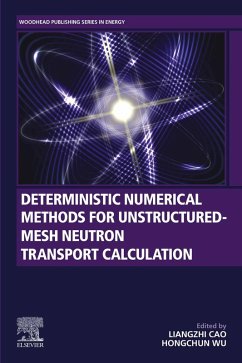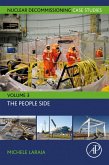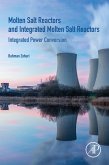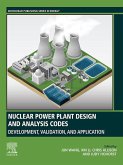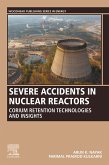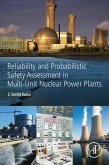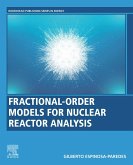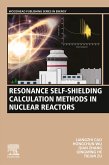Deterministic Numerical Methods for Unstructured-Mesh Neutron Transport Calculation presents the latest deterministic numerical methods for neutron transport equations (NTEs) with complex geometry, which are of great demand in recent years due to the rapid development of advanced nuclear reactor concepts and high-performance computational technologies. This book covers the wellknown methods proposed and used in recent years, not only theoretical modeling but also numerical results.
This book provides readers with a very thorough understanding of unstructured neutron transport calculations and enables them to develop their own computational codes. The fundamentals, numerical discretization methods, algorithms, and numerical results are discussed. Researchers and engineers from utilities and research institutes are provided with examples on how to model an advanced nuclear reactor, which they can then apply to their own research projects and lab settings.
This book provides readers with a very thorough understanding of unstructured neutron transport calculations and enables them to develop their own computational codes. The fundamentals, numerical discretization methods, algorithms, and numerical results are discussed. Researchers and engineers from utilities and research institutes are provided with examples on how to model an advanced nuclear reactor, which they can then apply to their own research projects and lab settings.
- Combines the theoretical models with numerical methods and results in one complete resource
- Presents the latest progress on the topic in an easy-to-navigate format
Dieser Download kann aus rechtlichen Gründen nur mit Rechnungsadresse in A, B, BG, CY, CZ, D, DK, EW, E, FIN, F, GR, HR, H, IRL, I, LT, L, LR, M, NL, PL, P, R, S, SLO, SK ausgeliefert werden.

